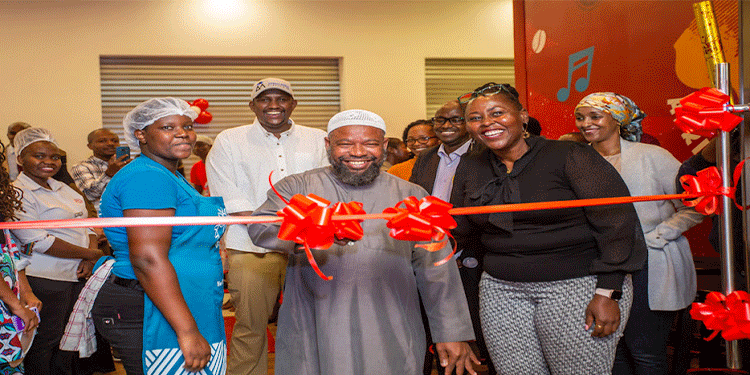
Significant changes in sustainability, consumer preferences, and technology are predicted to have a significant impact on the operations of hotels, restaurants, and other dining establishments in 2024, making it a critical year for the global food service sector.
The developing world will be hardest hit, as development and exposure to international trends fuel a rising inclination for eating out and the uptake of digital food delivery systems.
The Middle East and Africa Fast Food Market, presently valued at $33.88 billion, is anticipated to increase at a predicted growth rate of 9.2 percent from 2024 to 2030, reaching $62.44 billion, according to Virtue Market Research.
This growth emphasizes how crucial the food service sector is to the continent’s future economic and food security.
In order to stay competitive, businesses in Africa’s restaurant industry—which is now undergoing tremendous growth—will need to adjust to a number of changes as the demand for casual dining and other restaurant items grows.
One of the most anticipated shifts is the increased focus on sustainability as customers demand more environmentally friendly practices from the companies they do business with, as they become more aware of their own environmental impact.
This change calls for the abandon of single-use plastics, a smaller amount of food waste, and the adoption of environmentally friendly purchasing methods.
Because of this, businesses that exhibit a strong commitment to sustainability are more likely to draw in and keep customers who care about the environment.
Technology integration has the potential to fundamentally change how consumers engage with the food service sector from an operational perspective.
AI-powered menu recommendations and contactless payment systems, along with smartphone ordering, will all be examples of how technology will continue to improve eating experiences and streamline operations.
Purchasing state-of-the-art technology is essential for boosting productivity and satisfying the needs of a continually expanding group of tech-savvy customers who place a high value on ease and frictionless interactions.
In this sense, the growth of “dark” kitchens and delivery-only business models will be aided by the emergence of online meal delivery services.
Quick and convenient meal experiences are what will drive virtual kitchens to satisfy the demands of the digital consumer.
While brick-and-mortar restaurants will always be a part of the eating scene, those that adjust and streamline their operations to meet the growing demand for online services will enjoy even greater success.
In the meantime, diners are becoming more and more interested in customized dining experiences that meet their unique dietary requirements and tastes.
A growing trend in eating experiences is customization, ranging from create-your-own menus to customized meal plans, which speaks to the yearning for something special.
Restaurants that offer accurate ingredient information and customizable menu alternatives will maintain their appeal to a sophisticated and varied clientele.



